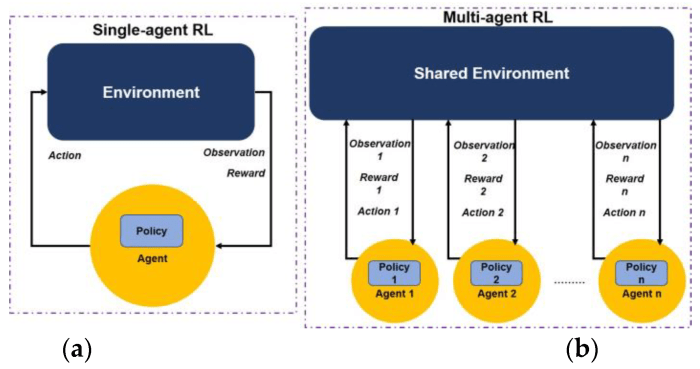In the realm of agency law, the concept of fiduciary duties takes center stage, shaping the responsibilities and obligations of agents towards their principals. This article delves into the intricacies of who owes fiduciary duties in a single agency relationship, exploring the legal framework, specific examples, and potential exceptions.
The fiduciary duties owed by agents are not absolute, and certain circumstances may exempt them from these obligations. Understanding the scope and limitations of fiduciary duties is crucial for both agents and principals, as it helps prevent conflicts of interest and ensures the protection of the principal’s interests.
Types of Fiduciary Duties: Who Owes Fiduciary Duties In A Single Agency Relationship

In a single agency relationship, an agent owes fiduciary duties to their principal. These duties arise from the trust and confidence placed in the agent by the principal and are essential for maintaining the integrity of the relationship. Fiduciary duties include:
- Duty of loyalty: The agent must act in the best interests of the principal and avoid any conflicts of interest.
- Duty of care: The agent must exercise reasonable care and skill in performing their duties.
- Duty of obedience: The agent must follow the instructions of the principal.
- Duty of disclosure: The agent must disclose all material information to the principal.
- Duty of accounting: The agent must keep accurate records of all transactions and provide them to the principal upon request.
Breaching fiduciary duties can have serious legal implications, including damages, rescission of contracts, and criminal prosecution.
Agents Owed Fiduciary Duties

In a single agency relationship, the agent is the party who owes fiduciary duties to the principal. The principal is the party who has engaged the agent to act on their behalf. The scope of fiduciary duties owed by agents to their principals includes:
- Duty of loyalty: The agent must act in the best interests of the principal and avoid any conflicts of interest.
- Duty of care: The agent must exercise reasonable care and skill in performing their duties.
- Duty of obedience: The agent must follow the instructions of the principal.
- Duty of disclosure: The agent must disclose all material information to the principal.
- Duty of accounting: The agent must keep accurate records of all transactions and provide them to the principal upon request.
In some circumstances, an agent may be exempted from fiduciary duties. For example, if the principal has given the agent express permission to act in a manner that would otherwise breach a fiduciary duty, the agent may be excused from performing that duty.
Specific Examples of Fiduciary Duties
Fiduciary duties owed by agents in various industries or professions include:
- Real estate agents: Fiduciary duties include disclosing all material information about a property to potential buyers, acting in the best interests of their clients, and avoiding conflicts of interest.
- Financial advisors: Fiduciary duties include providing suitable investment advice, acting in the best interests of their clients, and avoiding conflicts of interest.
- Lawyers: Fiduciary duties include maintaining client confidentiality, acting in the best interests of their clients, and avoiding conflicts of interest.
Violating fiduciary duties can have serious consequences, including disciplinary action, civil liability, and criminal prosecution.
Exceptions to Fiduciary Duties

There are a few legal exceptions or limitations to fiduciary duties in certain situations. For example:
- When the principal has given the agent express permission to act in a manner that would otherwise breach a fiduciary duty.
- When the agent is acting in self-defense or to protect the interests of a third party.
- When the agent is acting under a court order.
In these situations, the agent may be excused from performing the fiduciary duty in question.
Enforcement of Fiduciary Duties
Principals can enforce fiduciary duties through a variety of legal remedies, including:
- Damages: The principal can recover damages from the agent for any losses caused by the breach of fiduciary duty.
- Rescission of contracts: The principal can rescind any contracts that were entered into as a result of the breach of fiduciary duty.
- Criminal prosecution: The principal can report the breach of fiduciary duty to law enforcement authorities, who may investigate and prosecute the agent.
Courts play a key role in interpreting and applying fiduciary duties. They can issue injunctions to prevent agents from breaching their fiduciary duties and can order agents to disgorge any profits that they have made as a result of the breach.
Common Queries
Who is considered an agent in a single agency relationship?
An agent is an individual or entity authorized to act on behalf of another party, known as the principal.
What are the core fiduciary duties owed by an agent to their principal?
The core fiduciary duties include loyalty, obedience, disclosure, accounting, and care.
Can an agent ever be excused from performing fiduciary duties?
Yes, in certain limited circumstances, such as when the principal consents to the agent’s actions or when there is an unavoidable conflict of interest.